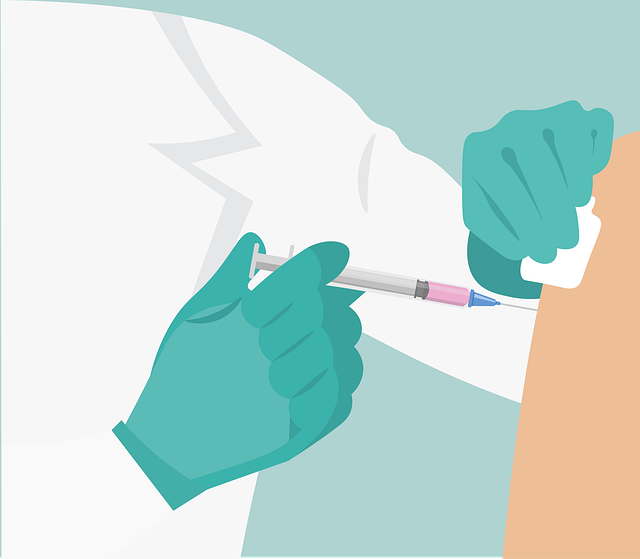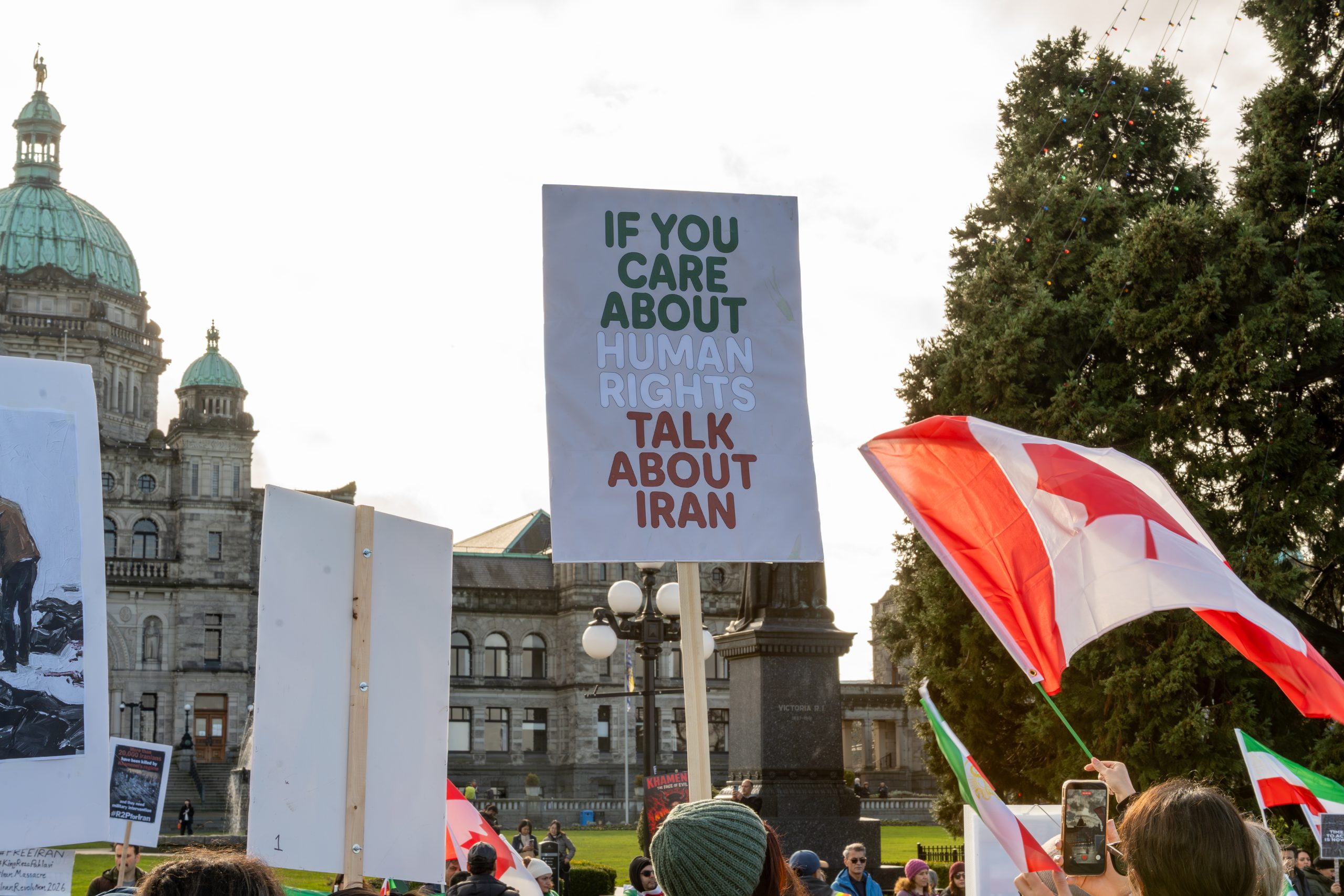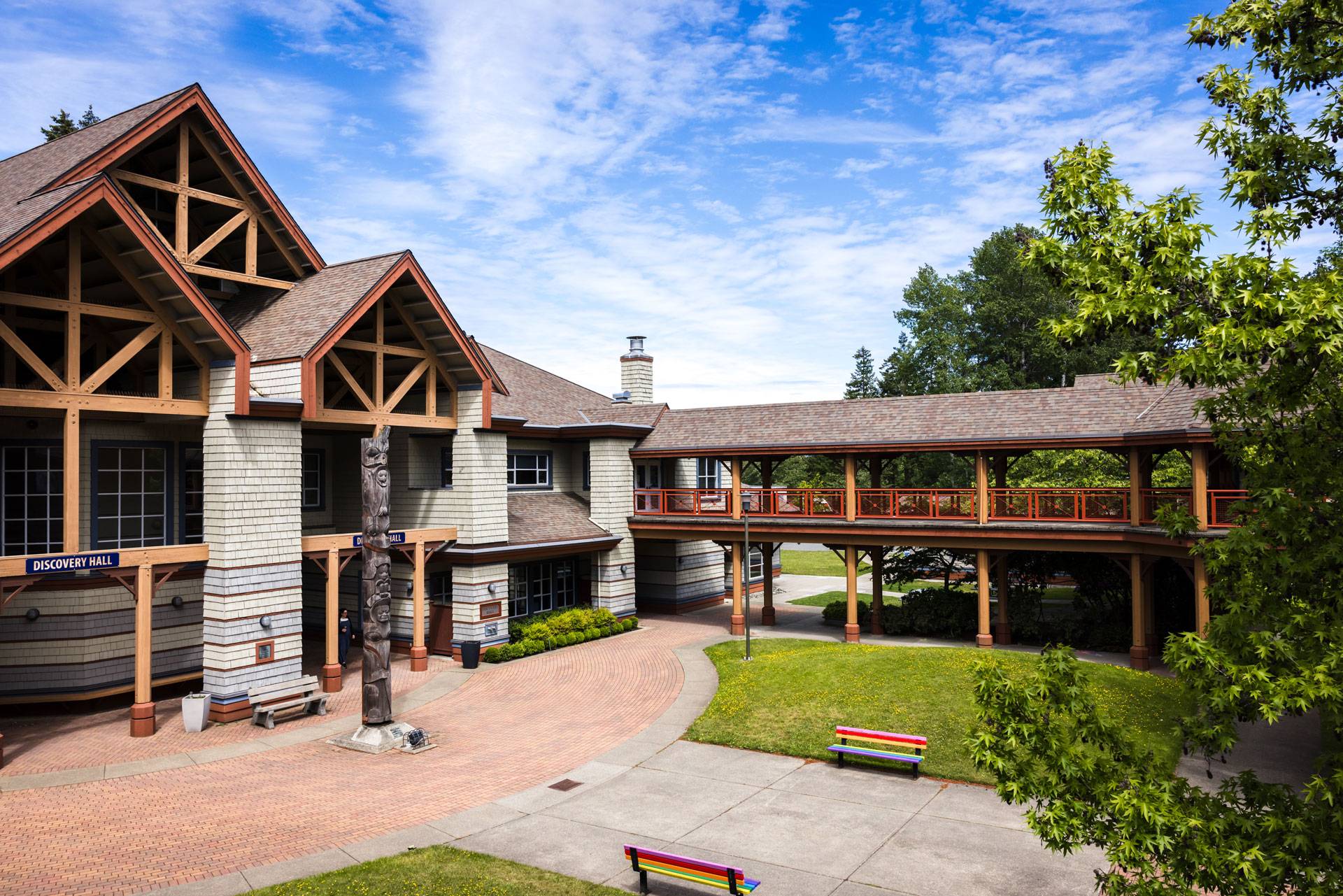The faculty of science was asked to aid health authorities in storing the vaccines, if needed

Freezers from UVic’s science departments might be used to store COVID-19 vaccines. Island Health and provincial health authorities reached out to the university, asking them to prepare their freezers. Clearing out these freezers will help the health authorities store the vaccine if extra storage is needed. The vaccines won’t be stored at the university, but the freezers may be used elsewhere.
Depending on how the vaccine is packaged, Biology Professor Ben Koop says UVic now has the capacity to potentially store thousands of doses. According to faculty involved, provincial health authorities and Island Health got in touch with the university regarding potential storage in November.
“Certainly, it’s a duty and a responsibility,” said Koop. “Storing samples in case they might be used versus making room for [the vaccine] is a no-brainer.”
So far, Koop says at least five freezers are being readied. Koop has cleared out two large freezers filled with his research material in anticipation of the vaccine. His colleagues, including Professor Jeremy Wulff in the chemistry department, recently retired professor Verena Tunnicliffe, and Centre for Advanced Materials and Related Technology (CAMTEC) Lab Manager Rebecca Hof, have been a part of the effort. A shared freezer in the biology department is also available, Koop says.
UVic has freezers that can go down to ultralow temperatures of -80°C — which also happens to be what’s needed to safely store the vaccine. The Dean of Science, Hans-Peter Loock, confirmed that his office has been contacted by Island Health. Loock said that at this time, he does not have specific details about Island Health’s vaccination plans.
The freezers cost an average of $14 000 each and 28 cubic feet of volume. Koop says most of the funding for the freezers came through research grants he has received over the course of his career.
Koop has been at UVic for 29 years and holds a Canada Research Chair in Genomics and Molecular Biology. His research requires large amounts of samples, some of which have been stored for ten to fifteen years.
His most critical samples are safely stored in other freezers. By preparing to host the vaccine, Koop got the opportunity to do some freezer cleaning that he had been putting off for years.
“It would be nice to keep them,” he says. “But in light of the present need of course you make room for things that are of much higher priority.”
Currently, the Pfizer vaccine is the only approved vaccine for usage in Canada. The vaccine will be free for everyone in B.C. and vaccinations are being delivered by the Immunize B.C. Operations Centre.
The Pfizer vaccine is mRNA-based, and requires very low temperatures that commercial freezers can’t maintain. The Moderna vaccine, which has less stringent temperature requirements, is pending approval in Canada.
The first rounds are currently being administered in the Vancouver Coastal Health and Fraser Health regions in the lower mainland. Long-term care residents and staff, health-care facility staff, Indigenous people living in rural or remote communities, high risk people living in group settings like shelters, and seniors over 80 years old will be the first to get vaccinated.
The first shipment of vaccines is expected to arrive on Vancouver Island next week, and Island Health is expected to have vaccines available soon.
B.C.’s provincial health authorities estimates that herd immunity could be reached if 60 per cent to 70 per cent of the general populace is vaccinated. In 2021, everyone who wants a vaccine will be able to get the shot.
More information about B.C.’s COVID-19 vaccine plans can be found here.
An earlier version of this article indicated that the vaccines would be stored at UVic. This has since been corrected. According to UVic, “the health authority has reached out to us about the availability of freezers to be moved to an off-campus location and we’re working with Island Health on this request.“






